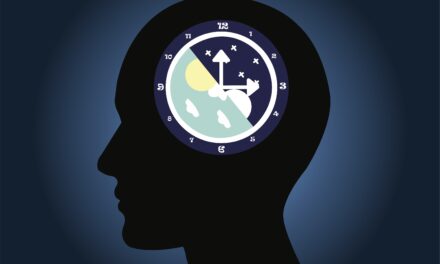Inflammation is a normal response of the body to infection and injury, which provides protection against stressors. This means that just the act of eating each meal imparts a degree of physiological stress on the immune system.
And so for people snacking around the clock, their bodies can often end up in a near-constant inflammatory state.
For around four hours after each meal, gut microbes and their components leak into our bloodstream – silently triggering inflammation by the immune system. This process is driven largely by the activation of a critical immune sensor of nutrients called the “inflammasome”, which releases an inflammatory molecule known as “interleukin-1β”.
Inflammation is only ever meant to be a short-term protective assault by our immune system. But inflammation after eating – known as “postprandial inflammation” can be exacerbated by our modern lifestyles.
This includes calorie-dense meals, frequent eating, excessive fructose and fatty foods – particularly saturated fat.

Modern diets and eating styles mean that our bodies spend up to 16 hours a day in a ‘fed’ state.
Persistent postprandial inflammation is a problem because it inflicts recurrent collateral damage to our body that is extremely detrimental to our health over time. Chronic low-grade inflammation has emerged as an important link to many noninfectious lifestyle-related diseases including heart disease and type 2 diabetes.
Stop the snacking
We still don’t know the cumulative impact on disease risk of healthy adults who spend longer periods of time in a post-fed inflammatory state. But what is clear, is that low-grade inflammation is the most important driver of unhealthy aging.
Reduced frequency of eating through intermittent fasting or time-restricted eating also highlights the broadly beneficial effects that eating less has on human health. This includes aiding weight loss and lowering the risk of metabolic diseases, such as diabetes. On the basis of available data, the fact that such a fundamental aspect of our dietary habits – the number of meals we eat every day – has not yet been subject to rigorous scientific investigation is remarkable.
So it might be worth consolidating your food into fewer, more satisfying meals. You might also want to reduce your eating window to ten hours a day or less, and aim to eat your last meal earlier in the day – your body will thank you for it.
But what we do know is that not only does snacking increase your likelihood of elevated inflammatory markers, but eating excessive calories also leads to weight gain. Eating late has also been linked to elevated cholesterol and glucose and can make you more insulin resistant. This leaves you feeling more hungry the following day.








